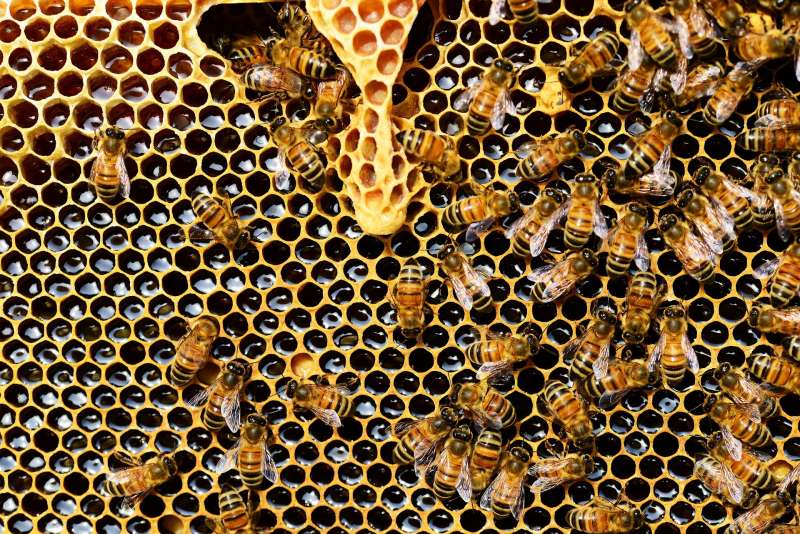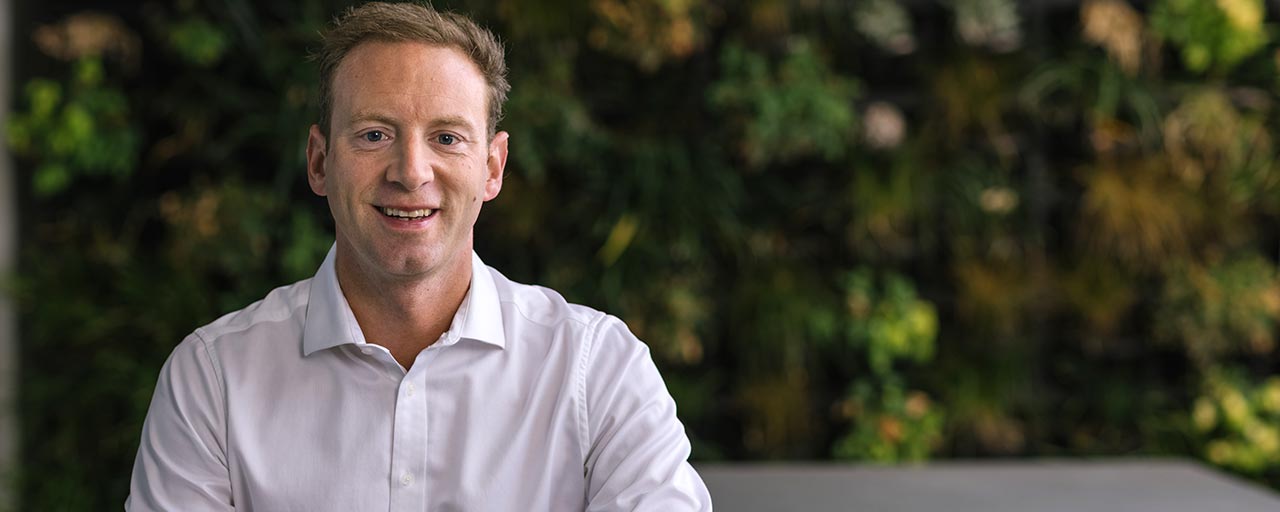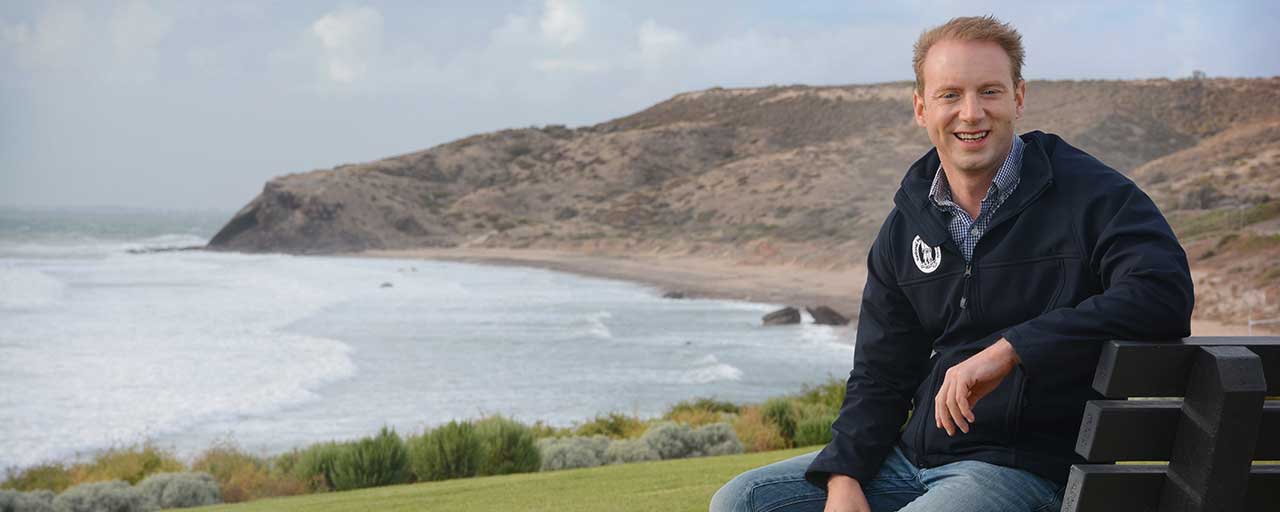Beekeepers buzzing at Mount Bold opportunity

MEDIA RELEASE
Beekeepers are set to have access to Mount Bold Reservoir Reserve for the first time in decades as the Marshall Liberal Government continues to open public land to the apiary industry.
Similar to the successful first stage of the pilot that led to three beekeeping sites in Kuitpo Forest, five sites have been identified within Mount Bold Reservoir to house beekeepers.
Minister for Primary Industries and Regional Development David Basham said introducing apiary access at the reservoir is part of a bigger picture to allow beekeepers greater access to public land.
“The State Government’s Apiary Taskforce is looking at economic opportunities for the state’s bee industry and we see access to sites such as Mount Bold Reservoir as critical in this process,” Minister Basham said.
“A further 20,000 hives are required to meet pollination demand for South Australian almond orchards alone so we need to do all we can to support this vital industry.
“The beekeeping pilot program in the Kuitpo Forest Reserve created a lot of interest and positive support for the South Australian apiary industry.
“The taskforce has now, in liaison with SA Water, identified five sites within Mount Bold Reservoir for apiary activity and it is expected each site will be able to accommodate up to 120 hives with up to 60,000 bees per hive.
“This is wonderful news for an industry which was devastated by last summer’s bushfires where more than 2,000 hives were lost across the state.
“Not only do these additional sites help the industry in its bushfire recovery process, but provide further opportunities for its growth.
“Bee pollination is a vital part of our horticultural and agricultural industries, with the average economic value of honeybees as pollinators worth approximately $1.7 billion here in South Australia.”
Minister for Environment and Water David Speirs said greater access to public land is the only way for the apiary industry to meet an increase in demand for pollination services.
“Honeybees not only play an important role for our primary industries but, along with native bee populations, are also important for some of our native plants,” Minister Speirs said.
“With bee numbers declining worldwide, through this initiative local beekeepers now have an opportunity to further strengthen their honeybee populations, which is particularly important as the demand for honeybee pollination continues to grow.
“The Apiary Taskforce initiative, in bringing both government and industry together to further source beekeeping sites on public land, is a win-win solution towards meeting that demand.
“Other potential beekeeping sites on public land are being scouted and the outcomes from this pilot project will assist in identifying and determining future opportunities.”
Apiary Alliance South Australia Chair Danny Le Feuvre said opening up further public land opportunities at Mount Bold was wonderful news for the industry.
“We rely heavily on large tracts of native vegetation for pre-pollination hive strengthening, post-pollination hive recovery and honey production,” he said.
“Public reserves and forest areas are perfect locations for this activity so to be able to access Mount Bold Reservoir Reserve in addition to our access at Kuitpo Forest Reserve will significantly lead to further growth and development for the industry.”
The SA Water sites have been carefully selected to provide safe access, avoid impacts on native vegetation and limit the potential for weed spread across the reserve.
A four-week registration and application period is now open for interested beekeepers looking to take part in the Mount Bold Reservoir Reserve pilot.
Apiarists that meet the eligibility criteria including being able to supply at least 50 and up to a maximum of 120 hives at a site will then be entered into a ballot process to allocate the five sites.
Successful applicants will then be contacted by SA Water to finalise any site-specific location and management requirements before being offered an initial 12-month beekeeping licence.
Registrations for the Mount Bold Reservoir Reserve beekeeping pilot program are open until Friday 4 December 2020.
To learn more, visit www.pir.sa.gov.au/apiarypilot



